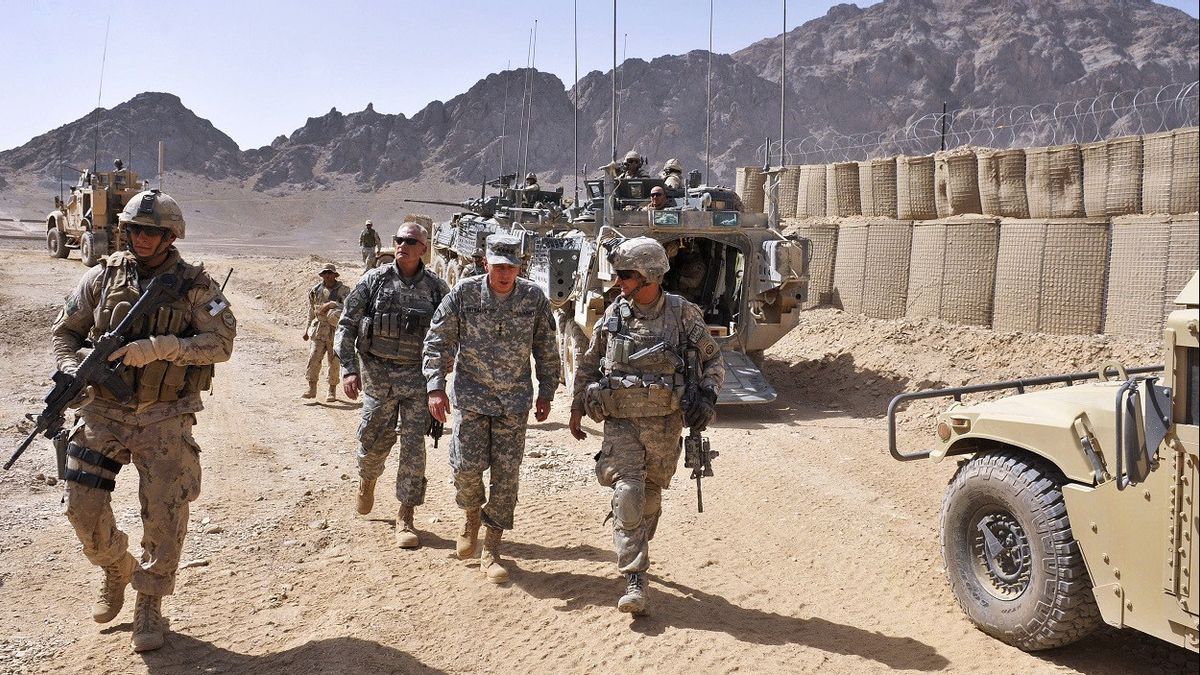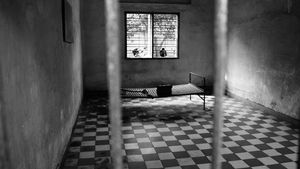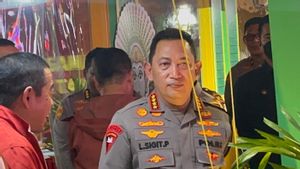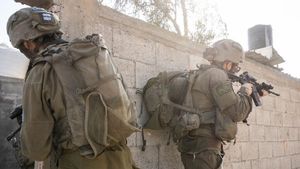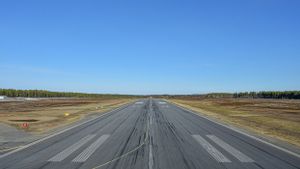JAKARTA - The European Union is said to have the ability to send a rapid reaction force, in significant numbers, to be better prepared to face future crises such as the current one in Afghanistan.
This was conveyed by the European Union's Head of Foreign and Security Policy Josep Borrel. According to him, it is important for the European Union to be able to mobilize a significant number of rapid reaction forces.
In an interview published on Monday, Borrell told Italian newspaper Il Corriere della Sera that the brief deployment of US troops to Afghanistan as security deteriorated showed the European Union needed to accelerate efforts to build a common defense policy.
"We need to take lessons from this experience. As Europeans, we haven't been able to send 6,000 troops around Kabul airport to secure the area. The US has, we haven't," he said.
Borrell said the 27 EU members should have an 'initial force' of 5,000 troops, which could be dispatched quickly.
"We must be able to act quickly," said Borrell.
Earlier, in May 14 European Union countries, including Germany and France, proposed this kind of force, possibly supported by warships and warplanes, to assist democratic foreign governments in need of urgent assistance.
First discussed in 1999 in connection with the Kosovo war, a combined system of battle groups of 1,500 personnel each was formed in 2007 to respond to the crisis. However, they are not used because EU governments disagree on how and when to deploy them.
Borrell said it was time to be flexible, citing the fast-paced deal to tackle the financial crisis as an example of how the European Union could overcome the restrictions on the deployment of military operations set out in its constitutional agreement.
"We can work in different ways," he said.
Britain, a long-standing member of the previous European Union, played a key role in the formation of the war group in the 2000s but did not approve the deployment of troops, due to domestic opposition against the creation of an EU army.
With Britain's exit from the bloc, EU executives hope the idea can be revived.
But obstacles remain, including the lack of a common defense culture among the various EU members and differences in which countries should be prioritized for deployment.
The English, Chinese, Japanese, Arabic, and French versions are automatically generated by the AI. So there may still be inaccuracies in translating, please always see Indonesian as our main language. (system supported by DigitalSiber.id)
